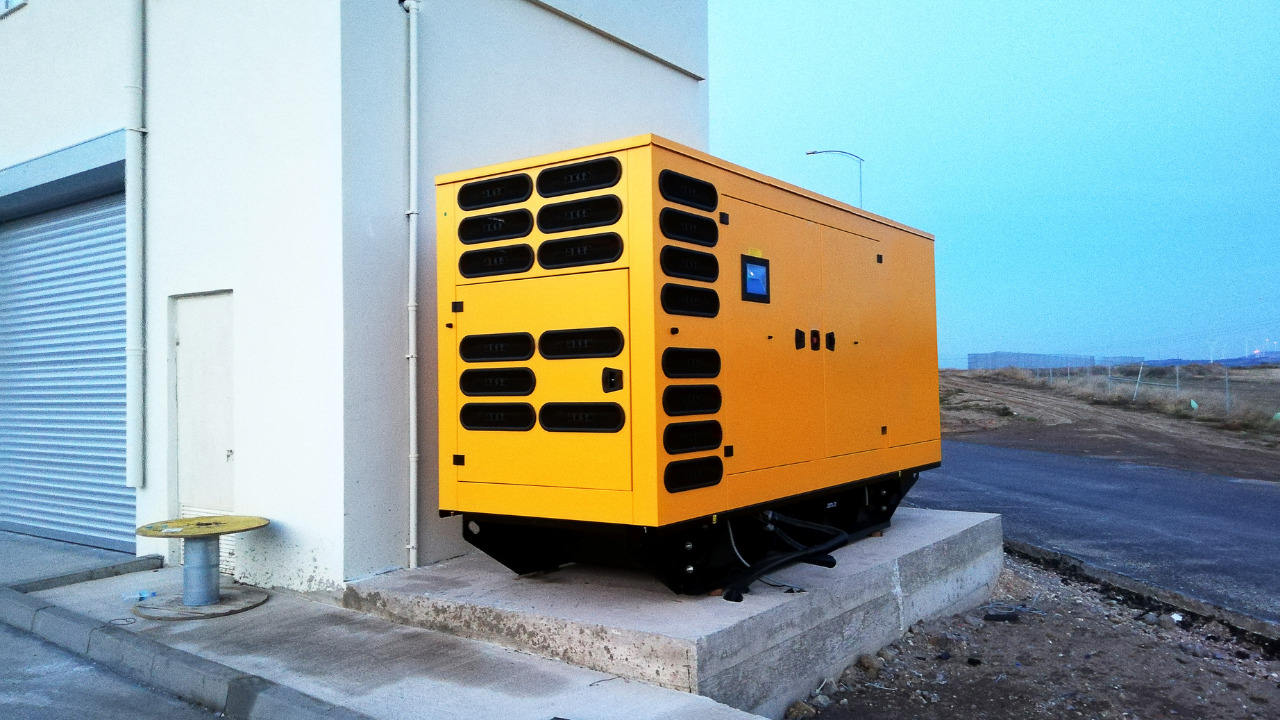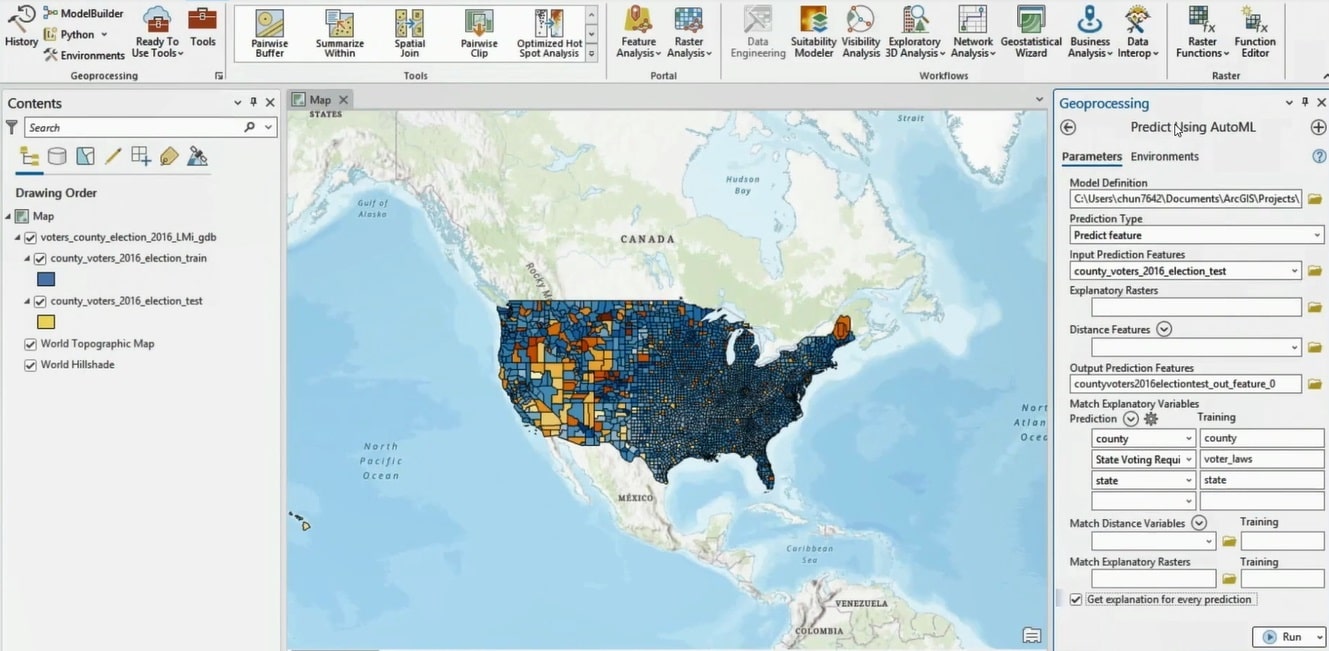Generators for your home or business can provide the safety and security you need. But there are so many generators out there that it can get confusing which one is best for you.
Anyone who has ever shopped for a generator knows how challenging it can be to figure out precisely what they need and how much they can get away with spending.
To help you out, you can use this buying guide as an ultimate solution to help you better understand generators, or you can also check out this website to show you some ideas.
Certified Kohler Installers are trained professionals skilled in expertly installing and maintaining Kohler plumbing fixtures to ensure optimal performance and longevity.
Table of Contents
Factors to Consider When Testing Generators
Before you start shopping for your generator, there are several factors you will want to consider, and these two are the most important you need to think about.
Performance
When testing a generator, it is essential to check its performance.
You need to know how much power you will use and look for one that can provide enough power for your needs. This means that you need to know how quickly it can start up and how long it will run before it needs refueling again.
Choose a generator that can run for at least eight hours without refueling because it has enough fuel to last during an emergency with no electricity supply.
Make sure that the engine runs smoothly without overheating or smoking.
Safety
When testing your generator, you want to ensure it’s safe before you take it anywhere.
This means that it should be built in such a way that it will prevent any injury while in use.
Thus, the first thing you should do is ensure that there aren’t any leaks in the engine or around the hoses or lines.
In addition, your generator should have an automatic shutdown feature if any load puts too much pressure on it.
So look for those with a built-in shutdown switch and automatic voltage regulator (AVR). This helps protect your equipment from overloading and overheating.
It also keeps the generator from being damaged by high-voltage surges and short circuits.
Know Your Power Priorities
When it comes to buying a generator, there are four types that you can choose from. Each will address a specific priority. Thus, it would be best to know what you need and want to make a final decision.
Here are the four types of generators you can choose from.
Home Standby Generators
Home standby generators are typically installed in your home to provide power during an outage. Depending on your needs, they range from 5 kilowatts or 5kW to 25kW or larger.
These units are usually installed outside your home or garage and connected to the main electrical panel by a transfer switch.
If you have electric heat or air conditioning, you may need two units – one for your primary circuits and one for your auxiliary circuits or those that don’t require continuous power.
If you live in an area that experiences frequent power outages, a home standby generator can help keep the lights on when the grid goes down.
However, these units can be expensive and require additional maintenance because they’re used frequently.
Many homeowners buy them for emergency backup instead of relying entirely on them as their primary source of electricity during an outage.
This type of generator will range from $2,000 to $6,000 without installation. However, if you plan to have them installed by a professional, expect the price to double.
Portable Generators
These generators are smaller and lighter than other types, making them easier to transport and use in remote locations without power or fuel.
They are also less expensive than different generators because they don’t need a lot of unique parts or accessories to run efficiently.
These types often come in all shapes and sizes, from small ones that can power a few appliances to large units that can power an entire house.
Portable generators are great for camping, tailgating, and other outdoor activities.
In addition, if you frequently lose power at home or work, then it may be worth considering a more powerful portable generator that can keep your business up and running during outages.
However, portable generators have lower power output than their stationary counterparts, typically between 250 watts and 3 kilowatts.
This type of generator will range from $400 to $2,500.
Inverter Generators
Inverter generators are popular among homeowners and owners of recreational vehicles (RVs) because they are quieter than traditional generators.
They also produce less pollution, which makes them suitable for the environment and your health.
In addition, these generators have added safety features such as automatic shutoff when tipped over or overheating.
But, the downside to inverter generators is that they require more maintenance than other types, including regular oil changes every 25 hours.
So before choosing an inverter generator, consider how often you plan on using it and how much power you need from the generator.
This type of generator will range from $300 to $4,000.
Portable Power Stations
You can use these at home or at a job site to provide power when the electricity goes out. So they are great for backup power during storms or other emergencies when an outage might last longer than expected.
They’re small enough to fit in a car trunk or truck bed and can be used at home or on the road. You can mount these generators on wheels and quickly move them from one location to another.
In addition, portable power stations don’t produce much noise and have minimal vibration, making them ideal for indoor use.
But, they’re generally less powerful than larger generators and are made for smaller jobs such as charging batteries or running small tools.
This type of power station will range from $750 to $3,000.
Additional Features to Consider
Here are additional features you may want to consider when choosing a generator.
Automatic Start and Shutoff
One of the most convenient features of newer models is an automatic start/stop function. This allows users to set up their generators, so they only turn on when needed and shut off once there’s no longer any load on them.
Alternative Fuel Capacity
It’s worth considering models with alternative fuel capabilities. Then, you can keep your home running without issue if regular gas and oil supplies become unavailable.
Low-CO Engine
A low-CO engine means that the machine emits very little carbon monoxide (CO). When you run your generator outside, you want to ensure that it emits as little CO as possible because this gas is dangerous.
Carbon monoxide poisoning can lead to organ failure and death if left untreated, so it’s always better to be safe than sorry in this case.
Fuel Gauge
It can help you determine how much fuel is available in the tank and when to add more.
In addition, a fuel gauge will tell you if there are any issues with your generator.
For example, if the needle on your fuel gauge isn’t moving, it could mean that there’s no fuel getting into the carburetor or something is wrong with your engine.
Multiple Outlets
Having multiple outlets allows you to plug in multiple items at once, so you don’t have to worry about turning off one thing before turning on another or getting tangled up in cords.
Removable Console
If you’re looking for a generator that’s easy to move around, consider one with a removable console. This feature makes it easier to transport because you don’t have to worry about damaging the electrical components while transporting or storing them.
Final Thoughts
A generator is an excellent power source when you need it most, but there are so many choices that it can be straightforward to get overwhelmed and buy the wrong generator.
Consider all the options available when buying a generator and base your purchase on what matters most.
Buy something which will meet your needs without being too large or too small for your garden or house. That way, you will surely get a generator that will suit your lifestyle.





